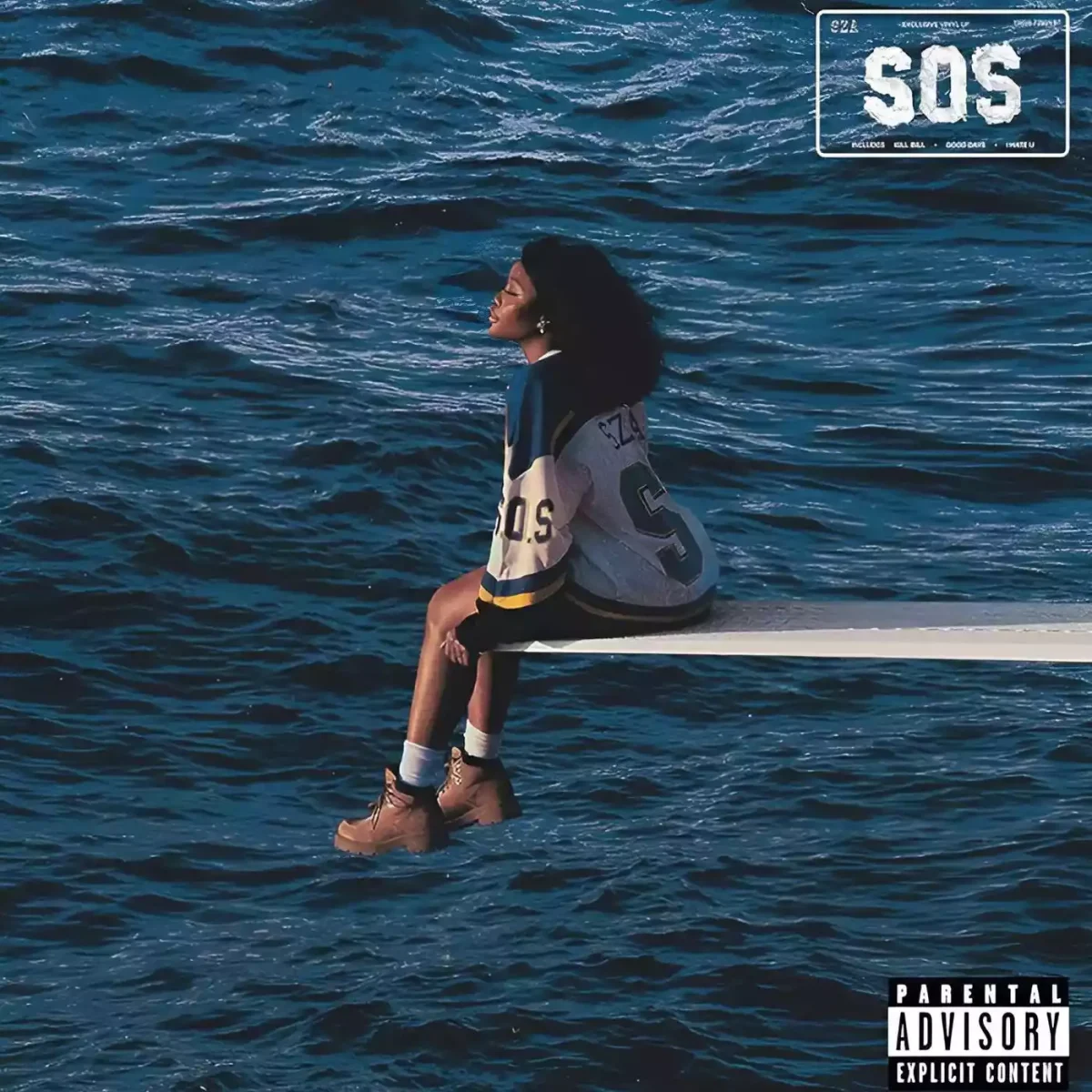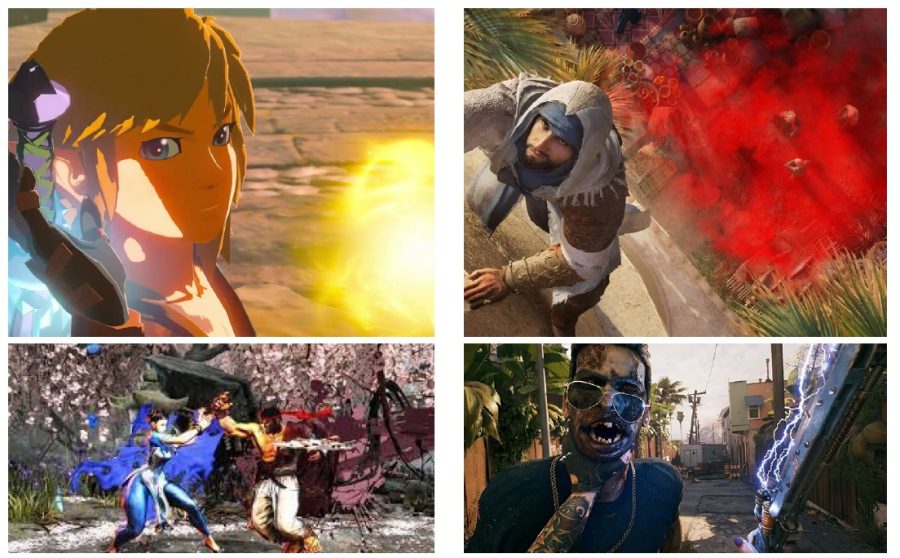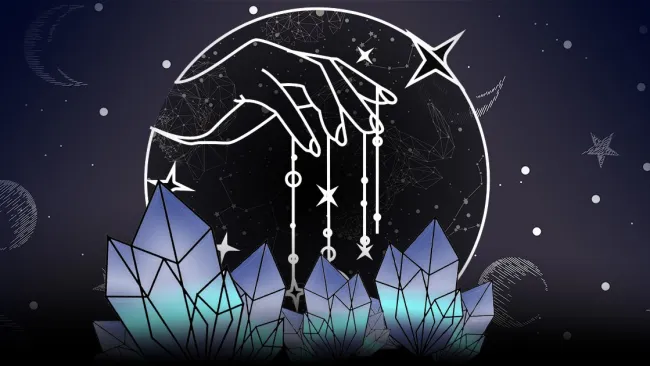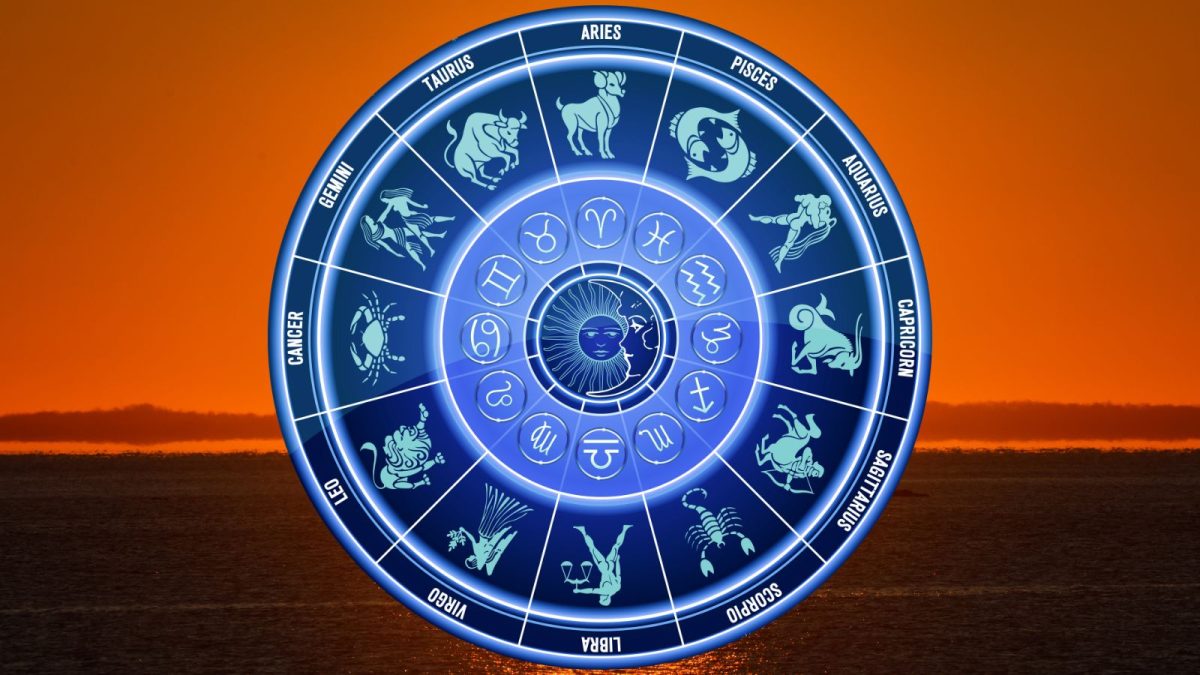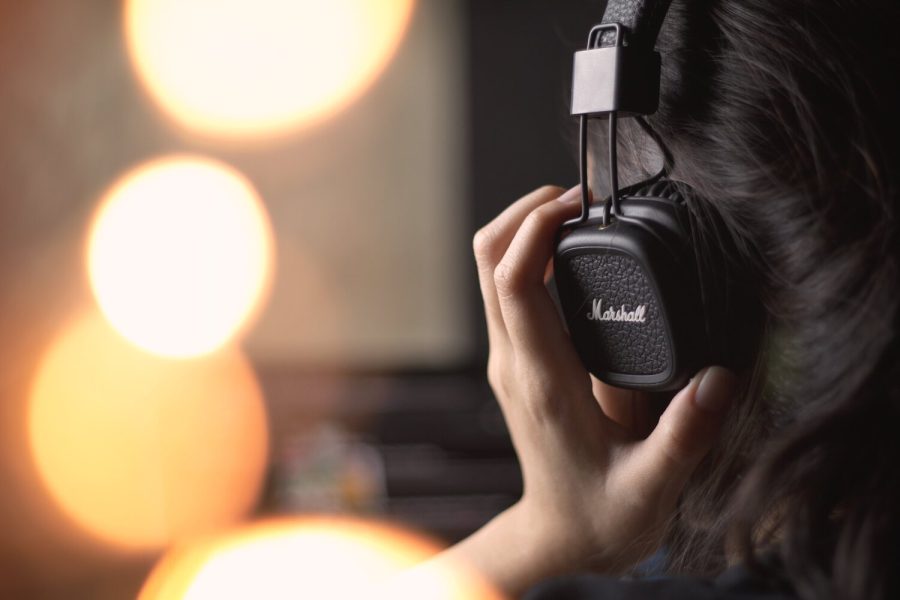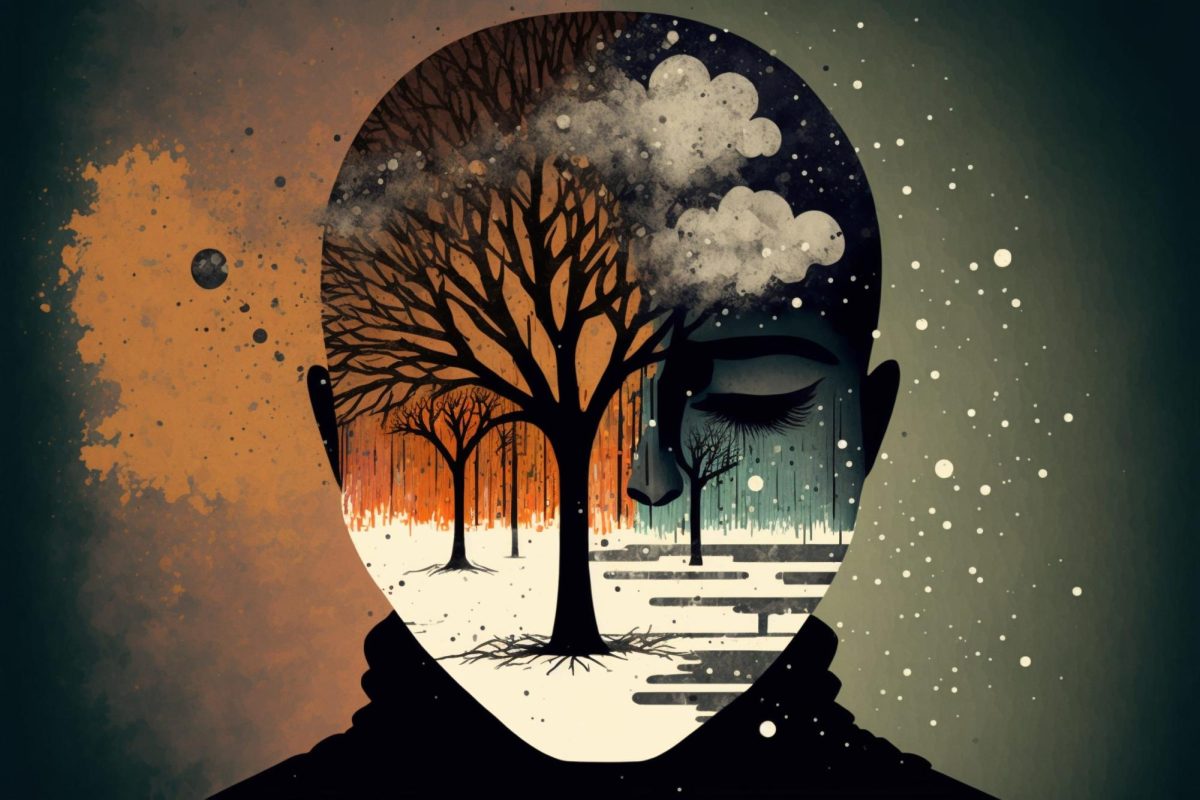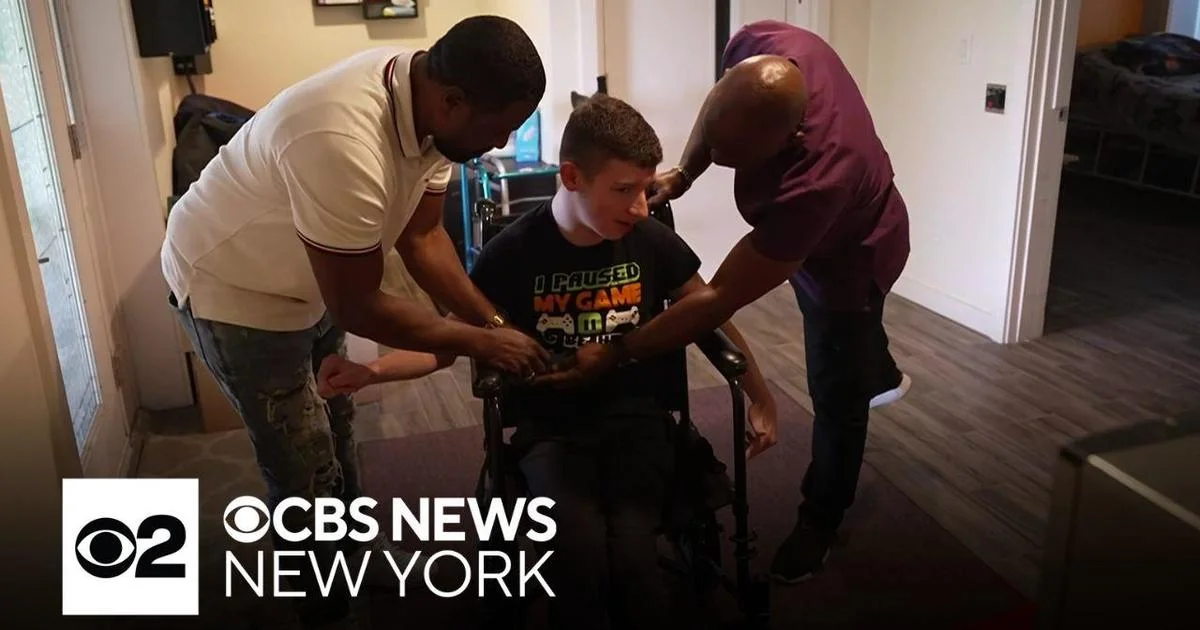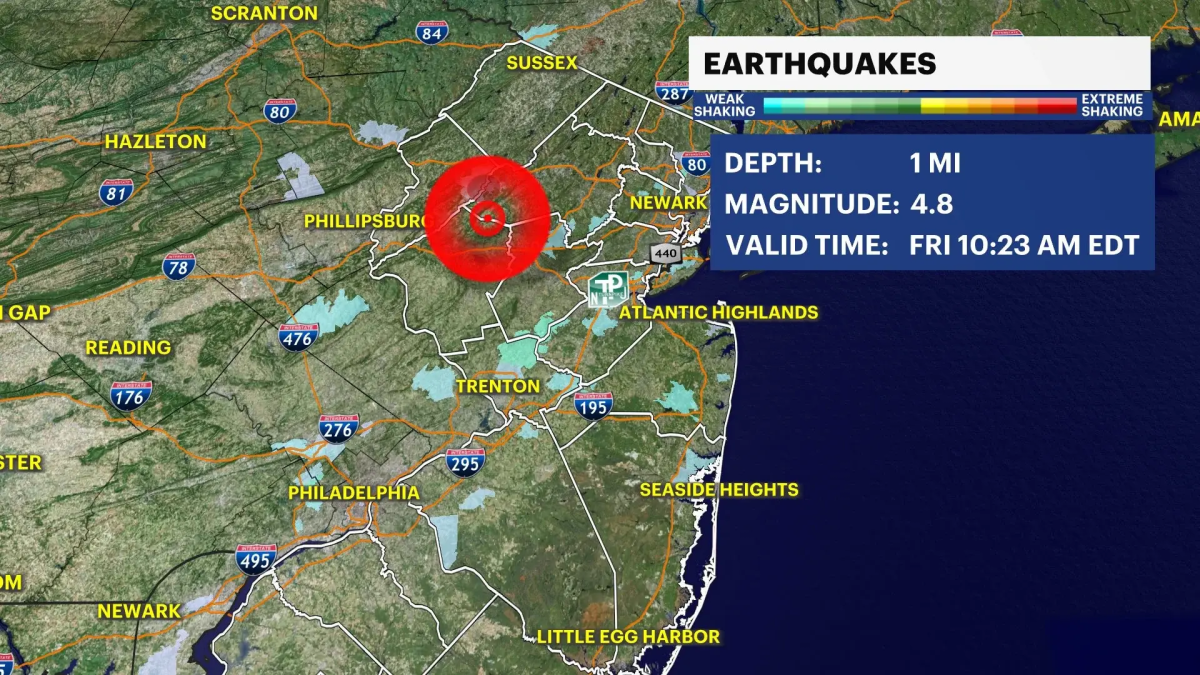OMORI: My Personal Experience Through HEADSPACE
May 3, 2021
Content warning: This game, and thus the review, contain depictions and descriptions of depression, anxiety, and suicide.
When dealing with a year full of confusion, missed opportunities, and feeling as if the life was sucked out of me, I was completely drained and depressed by the end. Dealing with the Coronavirus felt like it had taken everything from me, as if a page in the book of my life had been ripped clean out. It was November, and I was incredibly depressed. Every day I would wake up in a crater, lodged deep in a body-shaped pit in my mattress. Daily tasks were a struggle, and after recently coming out of a difficult breakup, I wasn’t sure how much I could keep pushing through without cracking under the weight of my sorrows. One cold, November morning, as I went about logging onto my morning classes, I was browsing through Twitter when a short trailer for a brand new game, OMORI, came across my feed. In a short, two minute and thirteen second trailer it felt as if my heart had ejected itself from my chest and latched onto this cute and quirky RPG (role-playing game) with some sinister and dark elements hinted at beneath the surface.

OMORI, by developer OMOCAT, is a psychological horror RPG that masks itself as a seemingly cutesy and colorful adventure of six friends. You begin in an endless, white void known as WHITE SPACE, where there is nothing but you, your cat MEWO, your laptop, a notebook, a box of tissues, and a door to leave. On the other side of the door is a hangout spot known as “NEIGHBOR’s ROOM” where you meet your friends every day. You follow OMORI, KEL, AUBREY, and HERO as the central four characters, as well as OMORI’s older sister MARI, and OMORI’s best friend BASIL, through their adventures in the fictional world of HEADSPACE, a seemingly child-like fantasy world populated by wacky and quirky characters: the perfect place for a group of 12 to 14-year-olds to spend all day long playing together. What hides beneath the cute and colorful surface though is the story of SUNNY, a depressed 16-year-old who resides in the real world of the story. SUNNY is moving from his childhood home and town in three days and leaves his house for the first time in four years when a serious event broke apart his friend group found in HEADSPACE. Unfortunately, that’s about all I can give away about the plot without sharing too much. You see, OMORI is one of those pieces of media that is much more enjoyable and entertaining the less you know about it.

If you’re looking for a game chock full of combat, action, and full-on battles, then this might not be your thing. OMORI’s RPG combat system is synonymous with the typical rock-paper-scissors style of RPGs such as Pokémon, but to a much lesser extent. In combat, you can afflict yourself, your teammates, or your opponents with happiness, sadness, or anger, where each has its own unique effect on the person upon whom it was brought. It’s a common in-game strategy to make you and your teammates happy and your opponents angry to inflict extra damage and make battles easier, as happiness beats anger, anger beats sadness, and sadness beats happiness.
The main draw of OMORI is definitely the very emotional plot. Again, without giving too much away, the cast of OMORI feels incredibly real and authentic to the point where I became attached to them by the end of the game. OMORI hit at a very particular time in my life where I was unsure as to what was going on around me. One particular character, MARI (OMORI’s sister) stood out to me personally as she reminded me of my best friend, and I quickly became emotionally attached to her and the incredibly calming but somber tune that plays whenever she appears.
A majority of the story is driven by a photo album (left) belonging to BASIL, a unique version of which can be found wherever you are currently in the story. A shorter, more fantastical version can be found in HEADSPACE, while a longer and more emotionally tied photo album can be found in the real world. The photos themselves are representations of the childhood memories shared by the group of friends, and every time the game offers the opportunity to browse it, you feel as if a blanket of sadness and nostalgia weighs on you more heavily as more of the story and context behind each picture begins to reveal itself. Even in later points in the game, the photo album remains always relevant up to the climax and major revelation of the plot, where the album takes up a brand new, much more sinister purpose altogether. In a time where I was spending most of my days shut indoors with little to no communication with anyone, I found the photo album reminding me of my Snapchat memories, where Snapchat will periodically show me flashbacks of pictures I have saved, serving as a free dosage of nostalgia and sadness that makes me hope for better times. Whether they were pictures of me and my friends, some place I went, or random pictures from my private story of me complaining about something that’s insignificant to me now, it really served as an “equal parts comfort and sadness” that always keeps me hopeful for the future.
Unfortunately, OMORI flew under the radar of many people, including large gaming publications who seemingly missed out on an opportunity to give it the attention it so deserves. After finishing the game and watching its various endings, I was left feeling confused and empty before the true meaning set in. What felt like a premature ending settled in my mind as the perfect way to end SUNNY’s long and difficult battle with depression, anxiety, and the trauma that has plagued him and his friend group for the past four years. I had just played through what felt like an incredibly relatable manifestation of my own personal experiences laid out in a video game and was a complete sobbing mess by the end of it.
Thankfully, after everything that followed my playthrough of this game, I’m doing much better and am in a much better place. If you’re struggling or in a difficult point in your life, OMORI may not be for you as it covers some intense topics, but after going through it during one of my lowest points, this game helped me persevere and became one of the most memorable games I’ve ever played.

























































